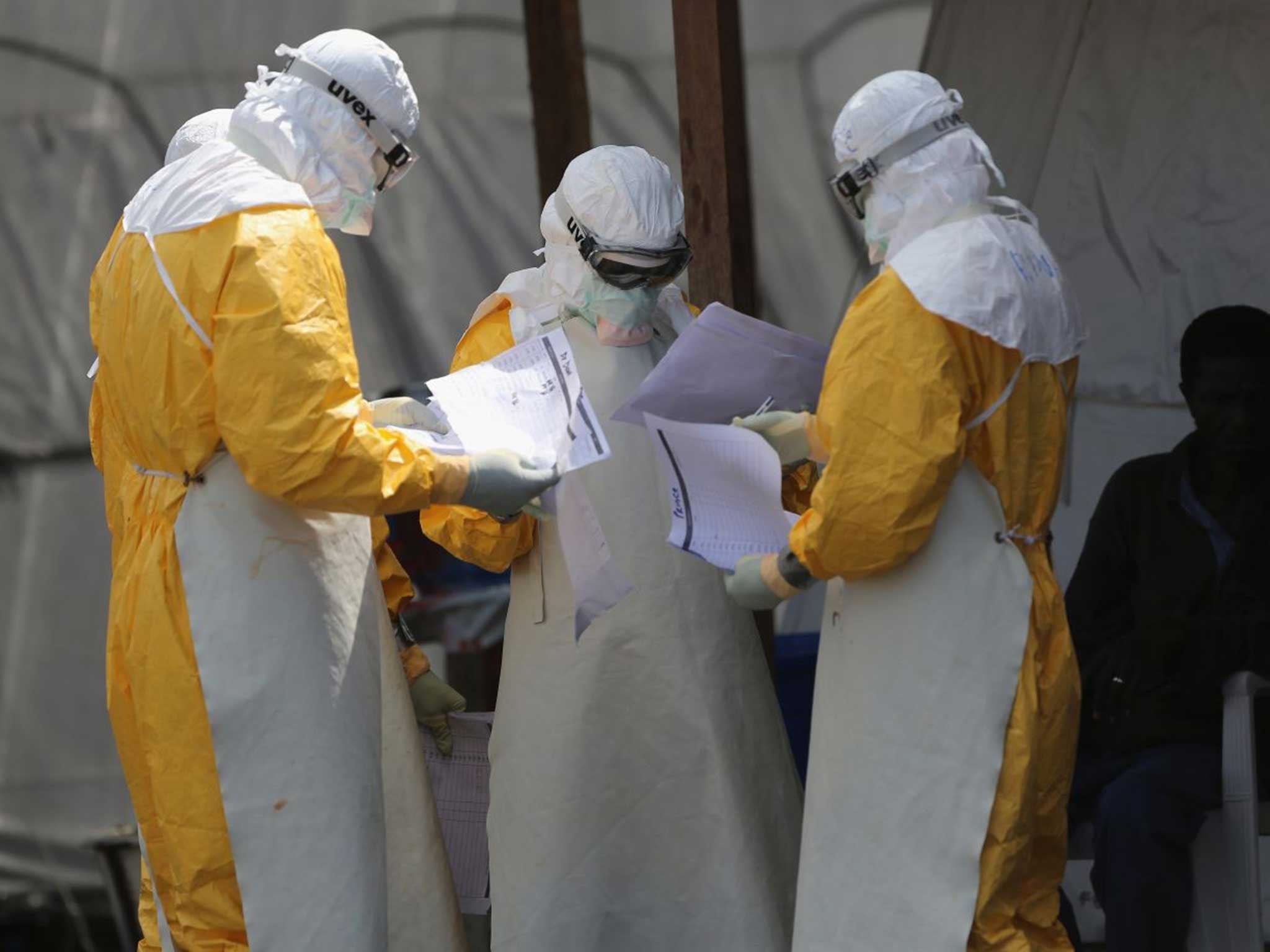Blood transfusion: What is the Ebola treatment – and how does it work?
Blood donation centres to be set up in Liberia for Ebola survivor donors

A new blood serum treatment for Ebola formulated with antibodies taken from survivors could be available in Liberia within two weeks, said the World Health Organisation.
Why would a blood transfusion be needed?
Those who catch the Ebola virus may not have the antibodies needed to fight the deadly virus. Survivors' blood is rich in infection-fighting substances as their bodies have already made them.
How is the blood taken?
By a standard needle and plastic tube collected from Ebola survivors in designated facilities that will be set up and running in Liberia within a few weeks.
How is the blood transfused?
Blood is usually given through a plastic tube inserted into a vein in the arm. It can take between 30 minutes and four hours, which depends on how much blood is needed, and the amounts are not yet known.
Can anyone be offered a transfusion?
Recipients of the blood serum have to have a matching blood type to the donor. The wrong blood type can cause a deadly reaction. Blood type O is the most widely-compatible and can be given to everyone.
What precautions are taken for the blood serum?
Donor blood will need to be screened for diseases such as HIV, malaria and hepatitis before red blood cells are removed so that there are only the infection-fighting antibodies in the plasma left.
As Ebola is passed on from direct contact with bodily fluids, health care workers administering the blood serum will need to be fully covered in HazMat suits and take care not to touch their face before washing with soap and water.
Does the blood serum treatment work?
Teresa Romero, a Spanish nurse who became the first person to contract Ebola outside West Africa this year, tested negative for the virus after reportedly receiving human blood serum containing antibodies.
However, the treatment is yet to be tested on a wider-scale.
Join our commenting forum
Join thought-provoking conversations, follow other Independent readers and see their replies
Comments
Bookmark popover
Removed from bookmarks